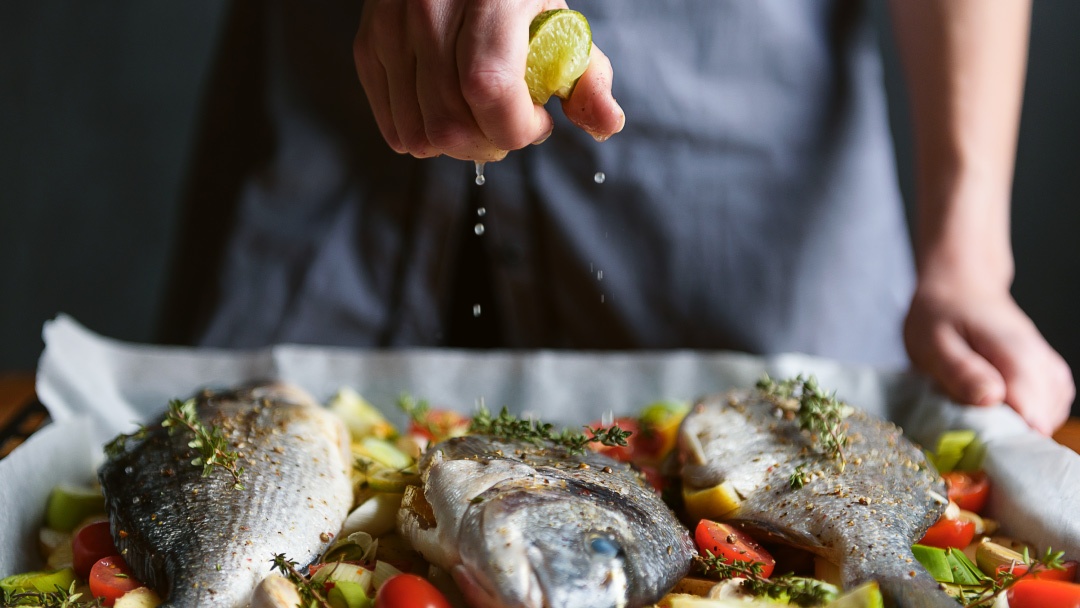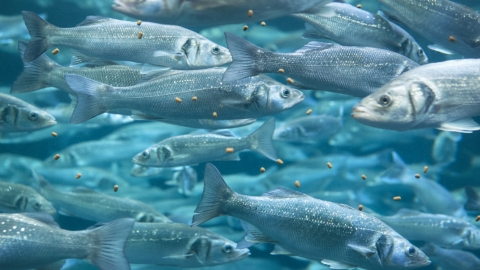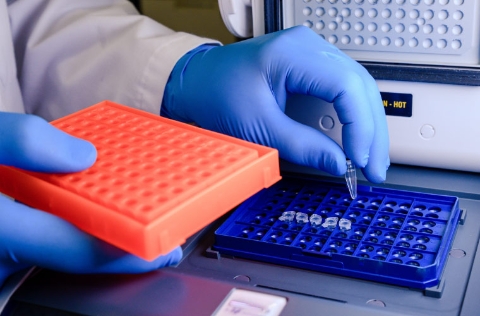
Gilthead seabream (Sparus aurata) fed with feeds formulated from ingredients alternative to fishmeal and fish oil can maintain the same health benefits recognised by the European Union as those reared on traditional diets based on marine ingredients.
Until now, one of the main barriers to incorporating alternative raw materials into aquafeeds has been the risk of losing the ability to communicate the nutritional benefits that Spanish and European consumers seek in fish – particularly those authorized by the European Union for omega-3 fatty acids (EPA and DHA), which are linked to cardiovascular and neural health.
In a study presented at Aquaculture Europe 2025 in Valencia, researchers Esther Sendra-Nadal, Francisca Hernández-García and Marina Cano-Lamadrid from the Miguel Hernández University have demonstrated that gilthead seabream fed with alternative feeds based on processed animal proteins and sustainable sources retain their nutritional benefits.
The researchers analysed the fatty acid profile of seabream fed on three types of diets – traditional (control), processed animal protein-based (PAP) and alternative source (ALT) – at two growth stages.
The results show that the level of EPA and DHA, fatty acids associated with cardiovascular and brain health, remain within the ranges required by European regulation (EC Regulation No 1924/2006) for the use of nutritional and health claims.
In practical terms, this means that fish reared on sustainable diets can be labelled as a “high source of omega-3” and carry claims such as “helps maintaining normal triglyceride and blood pressure levels.”
The findings challenge the long-held assumption that replacing fishmeal and fish oil diminishes the nutritional quality of the final product. According to the authors, the results pave the way for a more sustainable aquaculture sector without sacrificing the health value demanded by European consumers.



